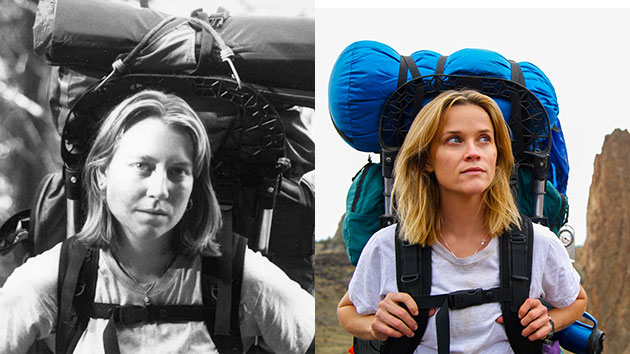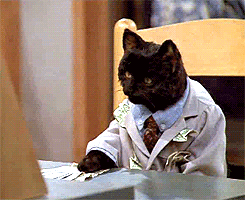|
Making money from writing is a notoriously difficult way to make money.
Elizabeth Gilbert (she of the fabulous books Eat, Pray, Love and Committed) had some interesting thoughts about money and here we focus on Cheryl Strayed (the author of Wild). Cheryl had a very insightful conversation about money in the book Scratch: Writers, Money, and the Art of Making a Living. Vulture synopsizes the interview and here are my favorite parts: "I was paid a $100,000 advance for Torch, my first novel. It was November 2003, and I was at the Virginia Center for the Creative Arts at a residency, and I distinctly remember yelling—shrieking—into the phone to my husband, “A hundred thousand dollars! A hundred thousand dollars!” And we were both just flipping out. We were like, Our life is changed. First of all, you don’t just get a check for $100,000. You get four checks: one on signing, one on delivery—and that’s not just when you finish the draft, but after the editing process, when it’s going to the printer. I learned that lesson the hard way. And then you get another check on publication of the hardcover, and another check on publication of the paperback. So, I sold Torch in 2003. I got that first $25,000. My agent took fifteen percent, and then I had around $21,000. So I sold my book for $100,000, and what I received was a check for about $21,000 a year over the course of four years, and I paid a third of that to the IRS. Don’t get me wrong, the book deal helped a lot—it was like getting a grant every year for four years. But it wasn’t enough to live off. So, I guess it was a humbling lesson! We almost lost our house before I sold Wild. I think we had about $85,000 in credit card debt by the time I sold that book. I can say that now because I don’t have any debt, but I was so ashamed of that. We got into debt because by the time Torch was published, we had two kids under the age of two. So here I was, trying to write my second book with two babies, and we were just busting our asses. During those years we were spending more on childcare than I was making. And we would always be so broke and ashamed and putting things on the credit card. Really getting into trouble. Here’s another thing that’s so interesting about money that people never talk about: there are all these invisible advantages and privileges people have. Parents who help out with a down payment, or a grandparent who takes the kids every Tuesday. Parents who pay for college. We didn’t have any of that. I also had student loan debt from my undergraduate degree that I finally paid off on my forty-fourth birthday, thanks to Wild. I ended up selling Wild for $400,000 .... When I got my first check, and we spent it all on credit card bills ... We celebrated by going out and getting sushi. But our life didn’t change. We only got out of credit card debt. But it changed in that way, trust me. As anyone who’s been in severe credit card debt knows, it was a nightmare. The only thing that’s changed is that I can pay my bills. I can afford to not be desperate anymore. I can buy boots not in thrift stores! But the culture and the community and the things I think about people and the world and the way I feel about myself and my family—none of that has changed one iota."
Comments
|
What is this?
An anthropological look at how people think about money. Created and edited by Star Li. Archives
December 2022
Categories
All
|


 RSS Feed
RSS Feed